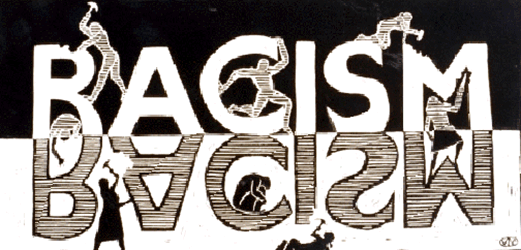VIDEO: What is racism, and how do we over come it?
On Monday, 14 October 2019, Decolonising SOAS hosted a panel event entitled ‘What is racism, and how do we over come it?’. Below is the video of the event, as well as the event description and list of speakers. Over the past few years, racism – and how we should understand it – has increasingly been debated in the public domain. Some conversation has been focussed on what actually constitutes racism,



